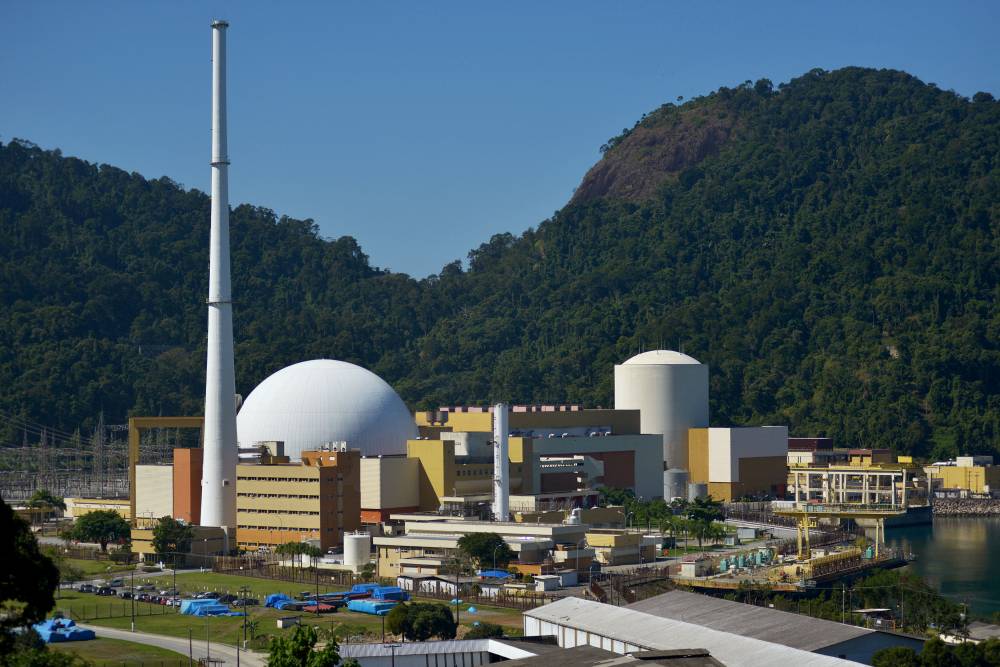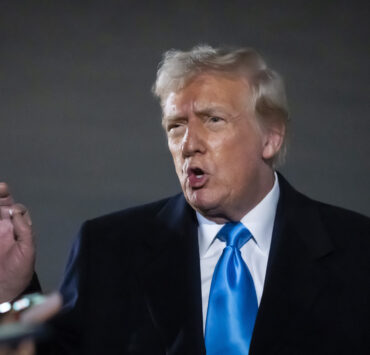Brasilia split over multibillion-dollar nuclear plant completion

BRASILIA — Brazil’s government is divided over whether to complete its third nuclear power plant after 40 years of off-and-on construction, as the country’s economic team pushes for the project to be abandoned, two sources familiar with the matter told Reuters.
The final decision over the plant, called Angra 3, rests with the National Energy Policy Council (CNPE), which postponed its decision on the matter again on Tuesday, following another delay late last year.
According to the Minister of Mines and Energy Alexandre Silveira, the issue is expected to be discussed at the next CNPE meeting, for which no date has been set yet.
Construction of the plant, located in the coastal town of Angra dos Reis, began in the 1980s but has faced multiple stoppages due to funding shortages and a 2015 corruption probe. A 2022 attempt to revive the project faltered.
The debate comes as President Luiz Inacio Lula da Silva aims to position Latin America’s largest economy as a hub for green investment. In recent years, several countries have reconsidered nuclear energy in response to increasing demand for climate-friendly power.
Some argue that supporting nuclear energy undermines Brazil’s natural advantages in renewable sources such as wind, solar and hydropower. But many experts consider nuclear a good alternative to thermal power, which is more expensive and polluting but often relied upon during droughts. Both have similar costs.
“This is a tough battle,” said one economic team source, speaking on condition of anonymity due to the private nature of the discussions. “The main argument against it is the lack of funding. Who will cut their budget to make room for this?”
Energy Minister Silveira is a major supporter of the project.
“We have to complete it,” he said in November, calling Angra 3 a “mausoleum.”
The Finance and Planning Ministries declined to comment.
High costs
A study by state development bank BNDES estimated that completing the plant would require 23 billion reais ($4 billion) on top of the 12 billion reais already spent.
Eletronuclear, the state-controlled company overseeing the project, said five more years of construction are needed, plus time for bidding and site mobilization.
Alternatively, BNDES estimated that scrapping the project would incur in 21 billion reais of costs, including contract terminations and penalties for canceling subsidized financing.
But one source said the Finance Ministry has modeled scenarios where total costs could reach 30 billion reais, and warned that electricity from the plant could drive up power bills.
Eletronuclear President Raul Lycurgo Leite, an advocate for the plant, told Reuters that his team plans to raise most of the required funds from the market.
“The worst infrastructure project is one that remains stalled,” he said, noting that maintaining the unfinished Angra 3 site costs over 1 billion reais annually.
Reuters, the news and media division of Thomson Reuters, is the world’s largest multimedia news provider, reaching billions of people worldwide every day. Reuters provides business, financial, national and international news to professionals via desktop terminals, the world's media organizations, industry events and directly to consumers.





















